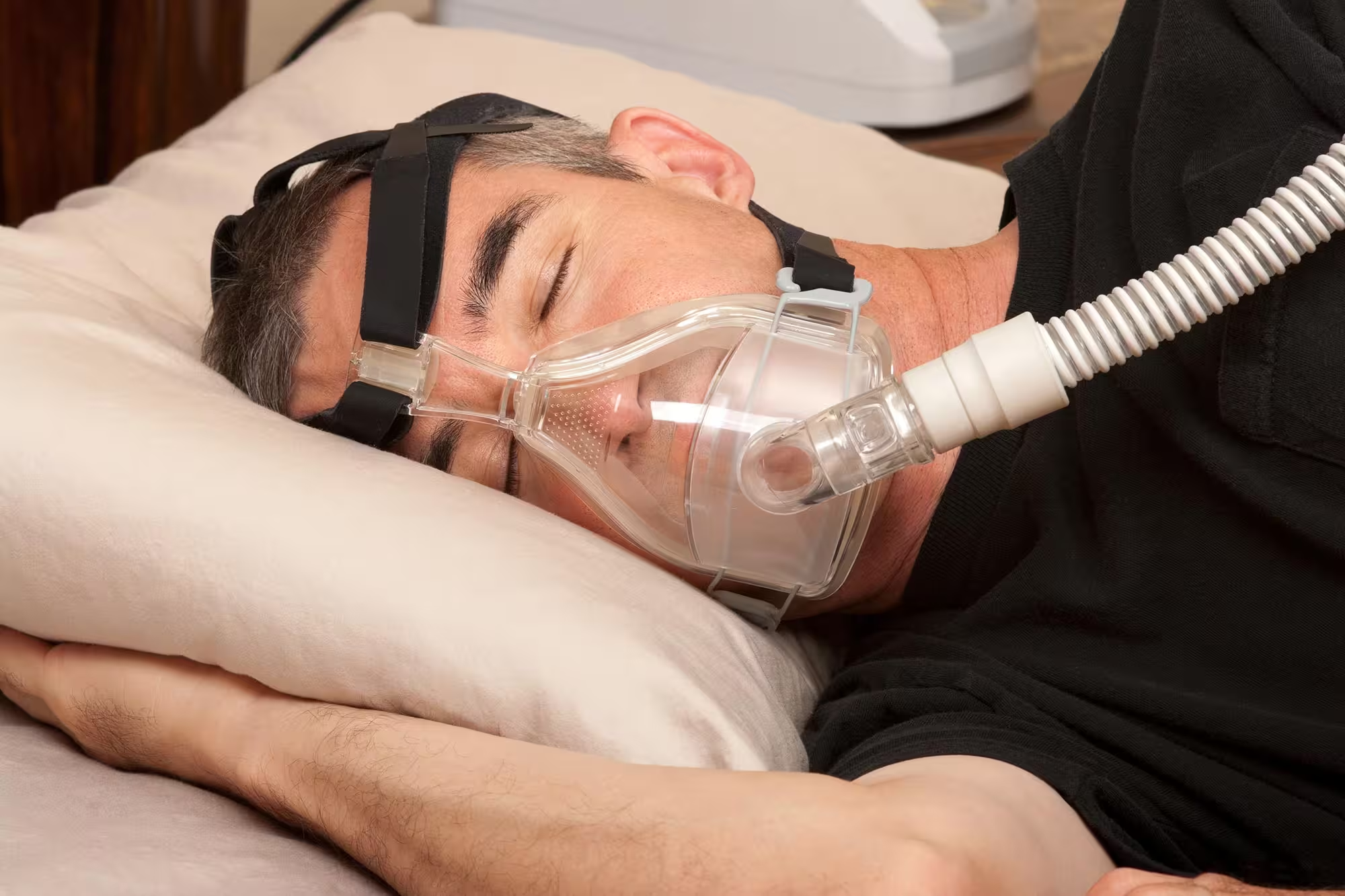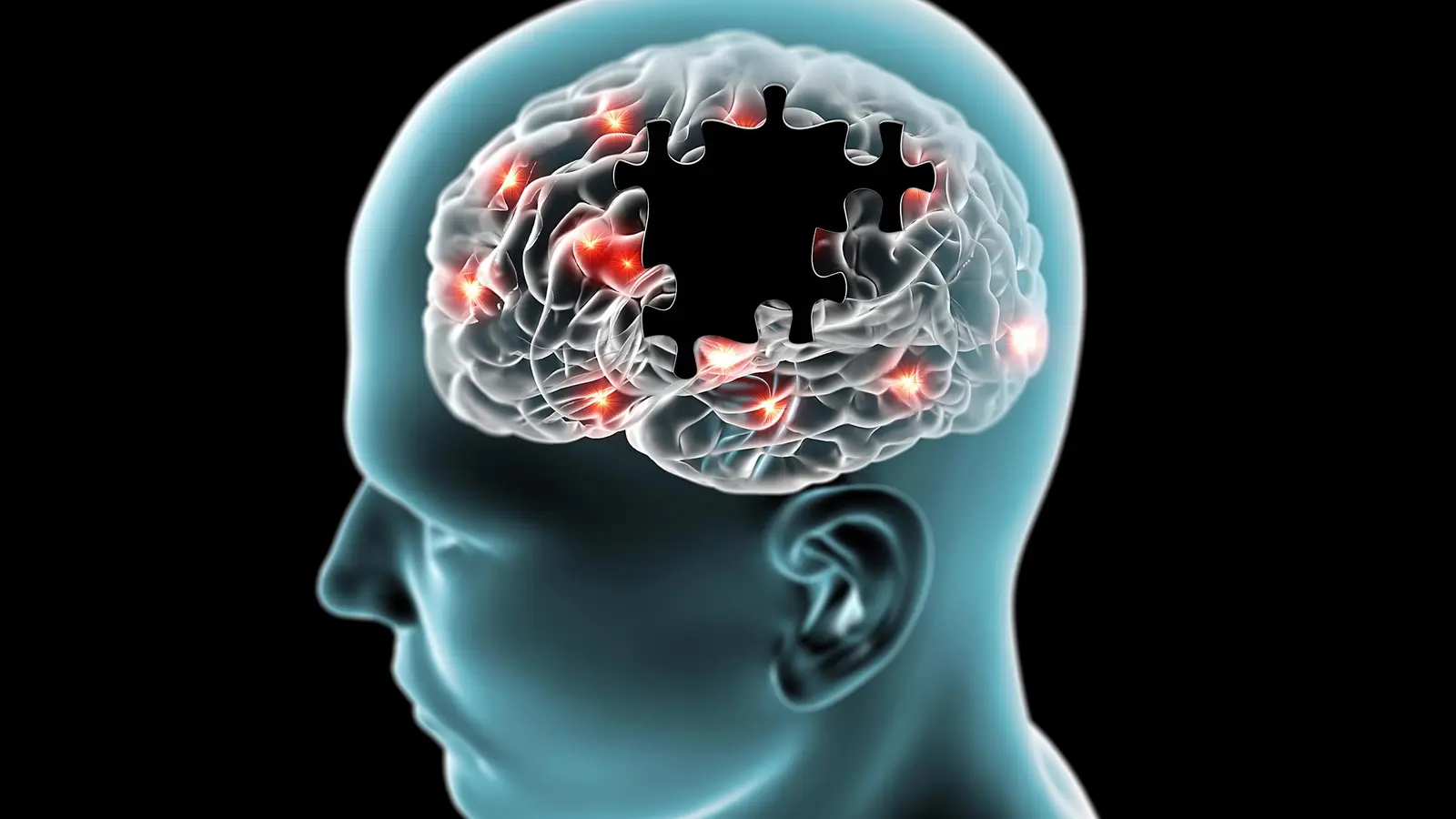4 Minutes
New research suggests that leaving obstructive sleep apnea untreated may dramatically raise the odds of developing Parkinson’s disease — but consistent use of CPAP therapy appears to sharply lower that risk. The large observational study connects nighttime oxygen drops to long-term neuronal stress and points to sleep quality as a modifiable factor in neurodegeneration.
Large veterans study links apnea to higher Parkinson’s rates
Published in JAMA Neurology, the study examined electronic health records from more than 11 million U.S. military veterans treated by the Department of Veterans Affairs between 1999 and 2022. Investigators from Oregon Health & Science University and the Portland VA Health Care System found a clear association: veterans with obstructive sleep apnea who did not use continuous positive airway pressure (CPAP) therapy were nearly twice as likely to receive a Parkinson’s diagnosis compared with those who did use CPAP, even after adjusting for age, obesity, hypertension and other common risk factors.
Why intermittent oxygen loss may matter for neurons
Obstructive sleep apnea causes repeated pauses in breathing during sleep, producing intermittent hypoxia — brief drops in blood oxygen. Scientists believe these nightly oxygen dips can place chronic stress on brain cells, impairing neuronal function and resilience over years. Lead author Lee Neilson, M.D., summarized the idea: 'If oxygen levels fall repeatedly night after night, neurons may not operate normally, and that cumulative stress could promote neurodegenerative processes linked to Parkinson’s.' This mechanism remains under investigation but fits with growing evidence that sleep and brain health are tightly connected.

How CPAP changes the equation
CPAP devices keep the airway open and stabilize oxygenation throughout the night, reducing apneas and their downstream effects. In the veteran cohort, CPAP use was associated with a substantially lower incidence of Parkinson’s than nonuse. Co-author Gregory Scott, M.D., Ph.D., noted that while CPAP is not a guaranteed prevention, it appears to reduce relative risk meaningfully: 'It’s not a certainty you’ll develop Parkinson’s, but untreated apnea significantly increases the chances — and consistent CPAP may reduce that added risk.'
Clinical and public-health implications
Parkinson’s disease affects roughly one million people in the U.S., with incidence rising after age 60. The new findings suggest a potentially modifiable risk factor: improving sleep-disordered breathing could be a low-cost, scalable strategy to protect brain health. For clinicians, the study reinforces the importance of screening for sleep apnea, discussing CPAP adherence with patients, and integrating sleep quality into long-term neurodegenerative risk assessments.
Many veterans involved in the study reported subjective benefits from CPAP — better daytime alertness, improved mood, and greater energy — which may help with adherence. The authors hope that evidence of reduced Parkinson’s risk will encourage more patients to try or stick with therapy.
What patients should know and do
- Talk with your primary care doctor or a sleep specialist if you snore loudly, wake gasping, or feel excessively sleepy during the day.
- A sleep study (polysomnography) can confirm obstructive sleep apnea and measure severity.
- If diagnosed, CPAP remains the frontline treatment and appears to lower long-term neurological risk when used consistently.
- Addressing weight, blood pressure, and other cardiovascular risk factors complements sleep therapy in reducing overall neurodegenerative risk.
While causality cannot be definitively proven from observational data alone, the convergence of biological plausibility, large sample size, and consistent CPAP benefit strengthens the case that treating sleep apnea is an important, actionable step to protect brain health as we age.
Source: scitechdaily


Leave a Comment